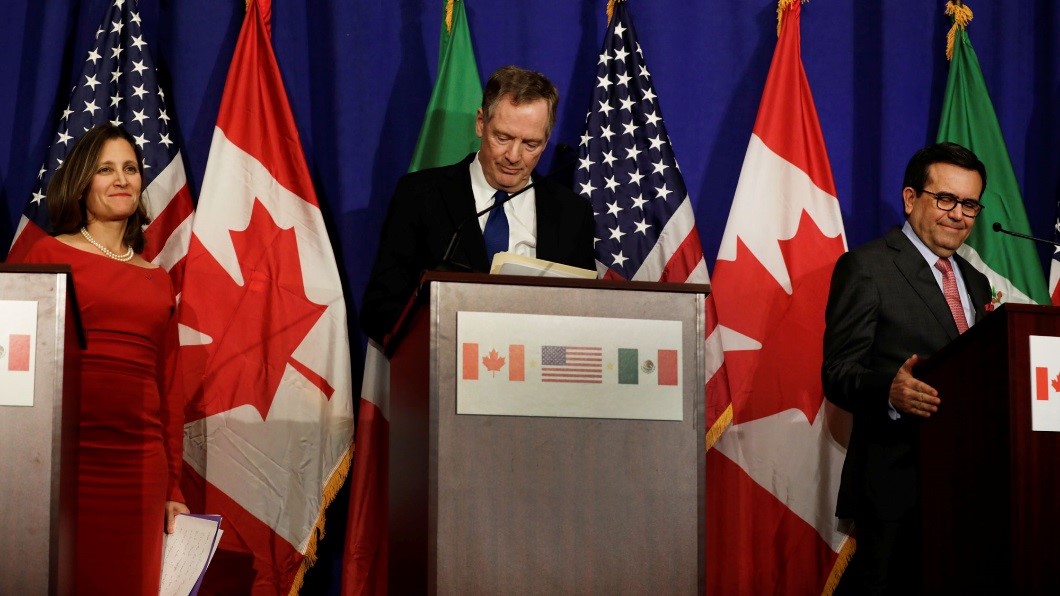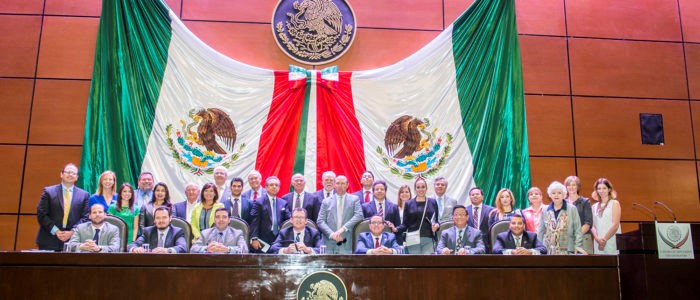March 16, 2018
In his first visit to California since taking office, President Trump, toured the border wall prototypes. In a statement regarding this visit, Chamber President and CEO Jerry Sanders highlighted that trade between the U.S. and Mexico surpasses $1.4 billion per day, 80 percent of which crosses the U.S.-Mexico land border every day. The Chamber’s focus has been on improving border infrastructure, and looks forward to “the opportunity to continue conversations with the Administration about the critical infrastructure projects lacking funding which benefit both security and trade.”
At the Chamber, our mission as champions for cross-border commerce has never been more critical. Home to the busiest land port of entry, our Cali-Baja region has a thriving economy and will continue to do business together regardless of a wall. Focused on funding infrastructure to move legitimate trade, we believe that to increase border security we need to increase efficiency. We continue to lead international trade initiatives, policies, and joint projects such as the Otay Mesa East Port of Entry, Unified Cargo Inspection, Cross-Border Railway, and free trade agreements to promote regional and national economic growth and job opportunities.
To learn more about border infrastructure priorities and projects, click here. To read Jerry Sanders’ full statement regarding President Trump’s visit, click here.





